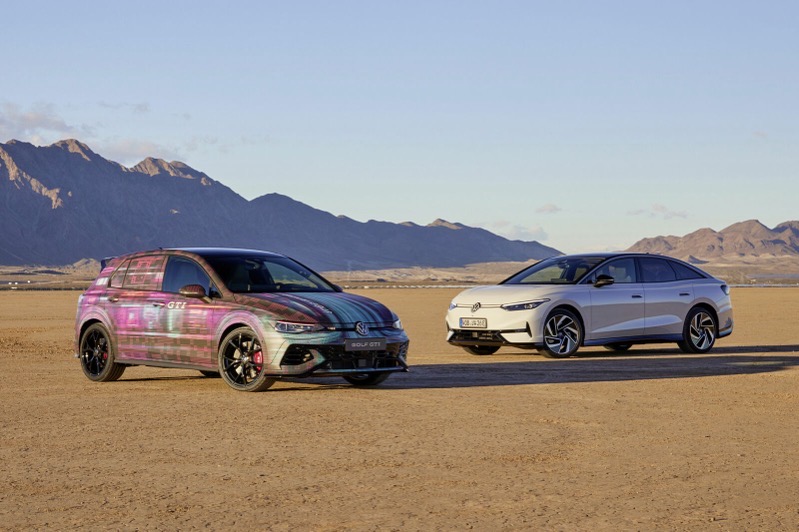Car Dealers Complain Over Rapid EV Push by White House
In a comprehensive survey conducted by Automotive News, involving 208 U.S. car dealers and dealership managers, a significant portion expressed apprehension regarding the pace at which the Biden administration is advancing the electric vehicle agenda.
The 2024 Dealer Outlook Survey revealed that nearly 83% of respondents believe the federal government’s efforts to expedite the EV transition are misaligned with market readiness and consumer demand.
Dealerships have raised concerns over the preparedness of the nation’s infrastructure and the electric grid to support the rapid adoption of EVs. A respondent highlighted, “Our roads and electric grid, let alone consumers, just aren’t ready as fast as the current administration wants.” The sentiment is echoed widely, with another dealer asserting that “The market should be driving sales of EVs, not the government.”
The push towards electrification is further scrutinized in light of the Environmental Protection Agency’s (EPA) proposed limits on vehicle tailpipe emissions for the 2027-32 model years. This regulation, if enacted, could see EVs constituting two-thirds of new vehicle sales by 2032, a projection that dealers argue is unrealistic given the current state of the market and infrastructure. Thousands of dealerships have petitioned President Joe Biden to reevaluate the proposal, stressing the premature nature of a transition to exclusively battery-powered vehicles.
Michael Lucki, general manager of Riverhead Mazda in New York, voiced a common concern among dealers: “Electric vehicles are exciting…but it’s moving too fast. It should be driven by consumer demand, and consumer demand isn’t there yet.”
Survey data further underscores the disconnect between federal EV policies and consumer interest. A majority of dealers reported that EVs are not generating significant customer interest or sales, attributing the lack of enthusiasm to affordability issues and inadequate infrastructure. Mike Aus, dealer principal of Durango Motor Co., pointed out, “EVs are definitely not a want of our guests today…They’re going to continue to sit there.”
Amid the EV transition push, some dealers have called for a balanced approach that includes more accessible hybrid and plug-in hybrid options, which they believe offer a pragmatic solution for consumers concerned about range and charging infrastructure.
Despite these challenges, dealerships are making considerable investments to accommodate EVs, from installing charging stations to training technicians. However, the high costs associated with these preparations, against the backdrop of lukewarm EV demand, have left many questioning the viability of their investments.
As the automotive industry navigates this period of transition, dealers remain apprehensive about the impact of federal policies on their businesses, particularly in light of economic pressures such as inflation and high interest rates. With the 2024 presidential election on the horizon, the sector faces further uncertainty, underscoring the need for a policy approach that aligns more closely with market realities and consumer readiness for EV adoption.
Legacy automakers are struggling to produce EVs on mass scale, unlike Tesla. Ford says it’s cutting back F-150 Lightning production, citing slow demand. Some states are lowering subsidies, while interest rates still remain high for borrowing. Coupled with manufacturing difficulties and trying to turn a profit, it’s clear some legacy automakers like Toyota keep leaning towards hybrids, which are more profitable.

Dealerships have had their fun in the sun, their glory days, but now they are standing in the way of change…the future. Whining and complaining won’t fix this. Just like legacy auto, bailouts are only a bandaid not a cure. RIP ICE